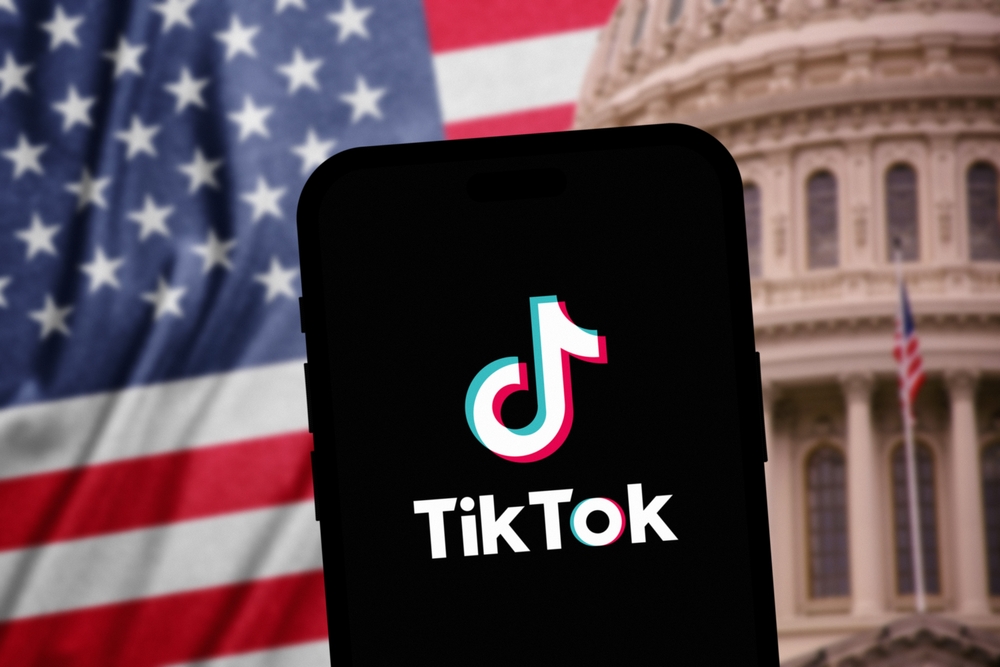An important court hearing is on the horizon, one that could shape the fate of TikTok in the United States. The U.S. Circuit Court of Appeals is set to hear a lawsuit that challenges a law potentially banning the platform, which is used by 170 million Americans. This hearing takes place in the context of a presidential race where both Republican candidate Donald Trump and Vice President Kamala Harris have utilized TikTok to engage younger voters.
Legal Arguments and National Security Concerns
TikTok and its parent company, ByteDance, argue that the new law is unconstitutional and infringes upon Americans’ free speech rights. “This is a radical departure from our nation’s tradition of an open internet,” the companies assert. The law was rapidly passed by Congress in April, just weeks after it was introduced, amid rising concerns from lawmakers that China could access American user data through the app or use it for spying.
ByteDance has stated that selling TikTok to a U.S. company, as the law requires, is “technologically, commercially, and legally impossible.” Without court intervention, this could result in an unprecedented ban of the app as soon as January 19, 2025. The case will be heard by U.S. judges Sri Srinivasan, Neomi Rao, and Douglas Ginsburg, who are handling lawsuits filed by both TikTok and its users. Both TikTok and the U.S. Department of Justice have requested that the court rule by December 6, which would allow the Supreme Court to take on the case before the ban goes into effect.
Potential Timeline and Next Steps
President Joe Biden, who signed the law in April, set a deadline of January 19, 2025, for ByteDance to sell TikTok. However, the President could extend this deadline by three months if ByteDance provides evidence of progress toward a sale. Despite this, the White House and other proponents of the law maintain that their primary objective is not to ban TikTok outright but to ensure that the app is no longer controlled by a Chinese company, notes NIX Solutions. National security concerns remain central to the issue.
We’ll keep you updated on any developments in this high-stakes legal battle.

